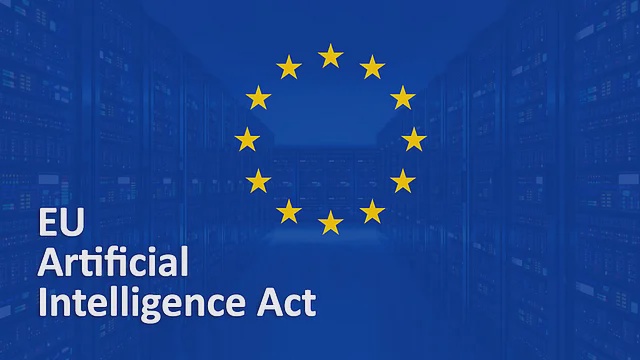Overview
- OpenAI, Microsoft, Google, Amazon, Anthropic, Cohere and Mistral signed the EU General-Purpose AI Code of Practice, which aims to cut administrative burdens and provide greater legal certainty.
- Meta declined to sign, arguing the code creates new legal uncertainties, while xAI backed only the Safety and Security chapter and will pursue alternative compliance routes.
- The EU AI Act’s extraterritorial scope means U.S. consumers will likely experience the same safeguards as firms standardize models across markets rather than build region-specific versions.
- The EU framework is moving into effect with general-purpose AI obligations starting in 2025 and broader enforcement beginning in August 2026.
- U.S. federal policy has shifted toward voluntary standards, state-level rules continue to grow, and a bid to pause new state AI laws failed to advance.
